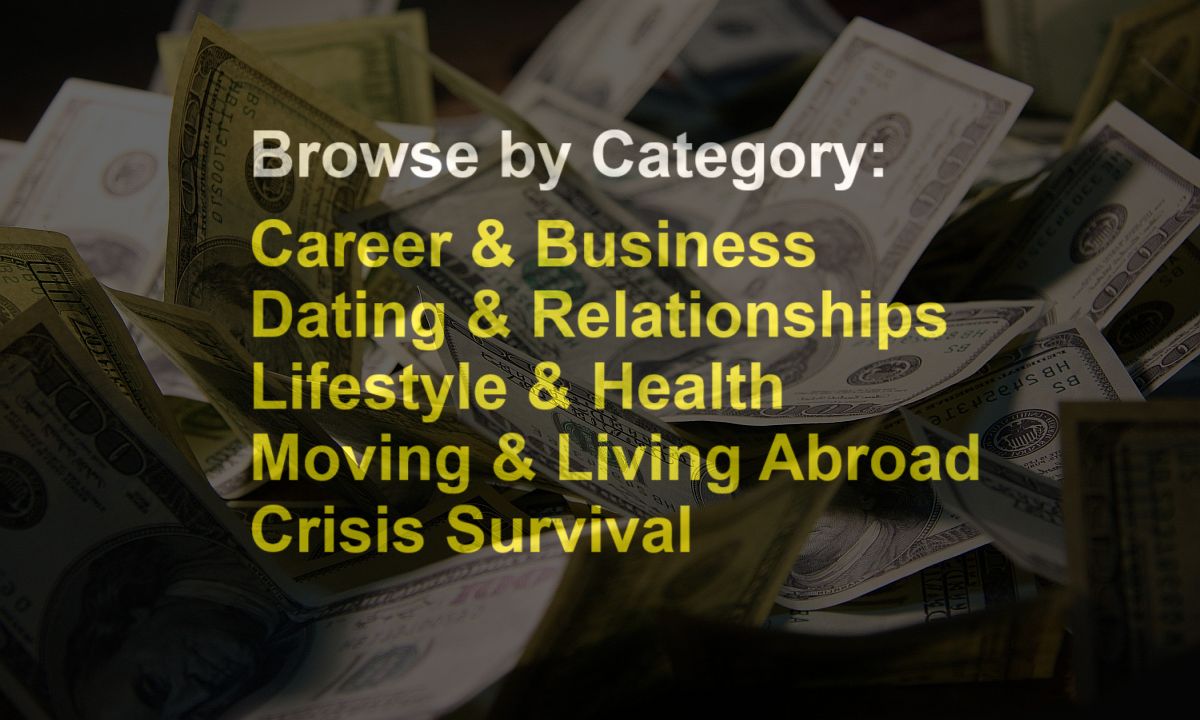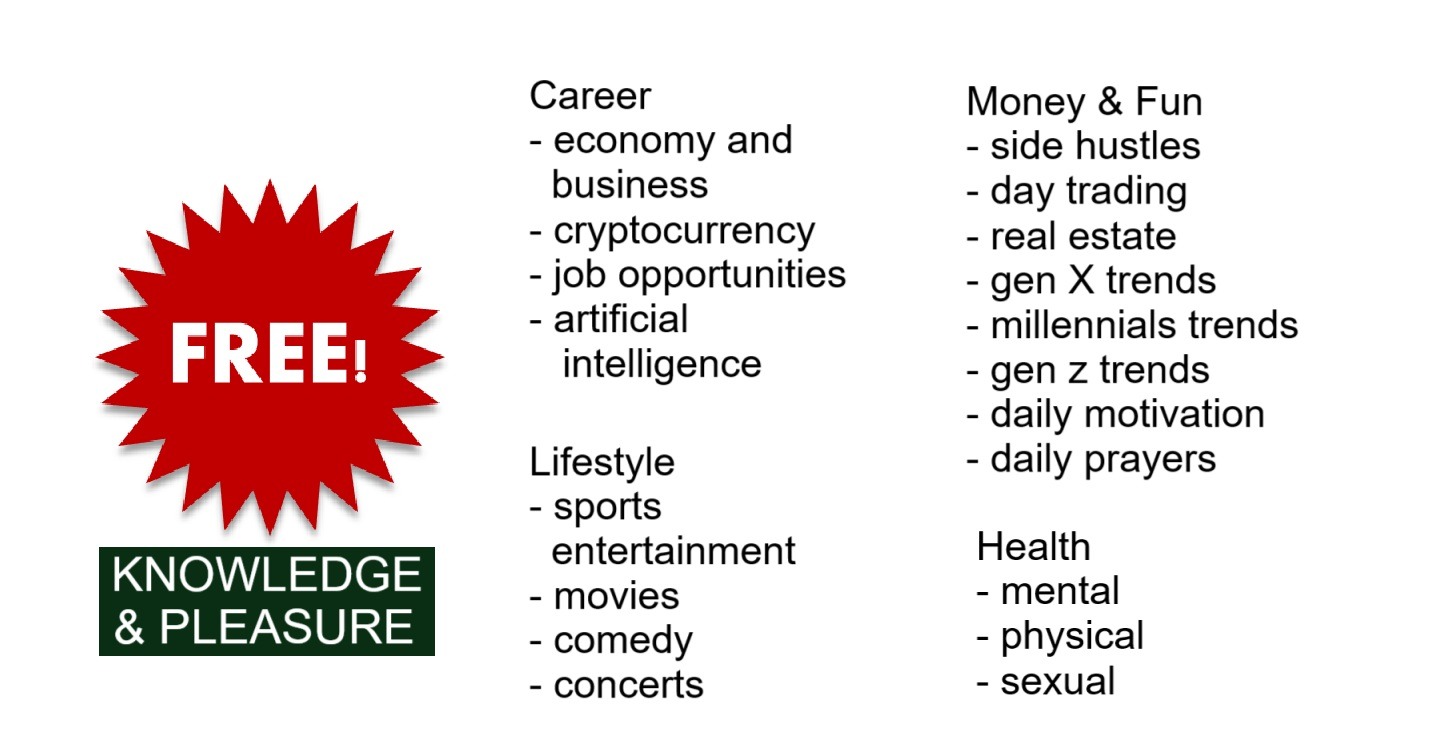Last Updated on April 12, 2025 by Royce Pierpont
The tobacco manufacturing industry, like many others, is undergoing significant transformation. Automation, evolving consumer habits, and increasing regulatory pressures are reshaping the landscape, leading to workforce reductions and anxieties about job security. If you find yourself facing a layoff or fearing one in this industry, it’s crucial to take proactive steps to navigate this challenging period. This guide provides a roadmap to help you understand the hurdles ahead, re-engineer your skill set, and launch a successful job search that leads to a fulfilling new career.
Understanding the Challenges
Before embarking on your job hunt, it’s essential to acknowledge the specific challenges you’ll likely encounter as a former tobacco manufacturing professional:
- Education and Training Constraints:
- The Issue: Your specialized knowledge in tobacco manufacturing might not directly translate into other industries. You may lack formal training in high-growth areas like data analytics, software development, or renewable energy.
- The Solution: Identify skills gaps through thorough self-assessment. Consider online courses, vocational training, or certifications to acquire new, marketable skills. Focus on skills that are transferable, such as problem-solving, process optimization, and quality control.
- Obsolescence at Past Job:
- The Issue: The rapid pace of technological advancement can render some skills obsolete. If your previous role relied heavily on outdated processes or machinery, you might struggle to compete with candidates who possess more current expertise.
- The Solution: Emphasize the fundamental principles you understand, even if the specific technology has changed. Demonstrate your willingness to learn and adapt to new systems. Highlight your ability to troubleshoot, analyze data, and improve efficiency, regardless of the specific tools involved.
- Artificial Intelligence (AI) Risks:
- The Issue: AI is increasingly being used to automate tasks in many industries, including manufacturing. This poses a risk to jobs involving repetitive tasks, data entry, and basic analysis.
- The Solution: Focus on developing skills that AI cannot easily replicate, such as critical thinking, creativity, complex problem-solving, and interpersonal communication. Explore roles that involve managing and overseeing AI systems, rather than being replaced by them.
- Robotic Risks:
- The Issue: Robots are becoming more sophisticated and capable of performing a wider range of tasks in manufacturing settings. This can lead to job losses in areas like assembly, quality inspection, and material handling.
- The Solution: Seek opportunities in areas where human dexterity, judgment, and adaptability are still essential. Consider roles in robotic maintenance, programming, or process optimization. Focus on developing skills in mechatronics, automation, and robotics integration.
- Industry-Specific Stigma:
- The Issue: The tobacco industry has faced increasing public scrutiny due to health concerns. Some employers may be hesitant to hire candidates with experience in this sector, fearing negative associations or ethical conflicts.
- The Solution: Reframe your experience to highlight transferable skills and positive contributions. Focus on aspects like quality control, supply chain management, and regulatory compliance, which are valuable in many industries. Be prepared to address any concerns about your past employment with professionalism and transparency.
Re-Engineering Yourself for Success
To overcome these challenges, it’s crucial to re-engineer your skill set and career approach:
- Self-Assessment:
- Identify your strengths, weaknesses, skills, and interests.
- Analyze your past experiences to determine which skills are transferable to other industries.
- Consider what types of work environments and roles would be a good fit for your personality and values.
- Skill Development:
- Identify skills gaps and create a plan to acquire new skills through online courses, vocational training, or certifications.
- Focus on skills that are in high demand, such as data analytics, software development, project management, and digital marketing.
- Consider learning a new language or improving your communication skills.
- Networking:
- Reach out to your existing network of contacts and let them know you’re looking for new opportunities.
- Attend industry events, job fairs, and networking events to meet new people and learn about different career paths.
- Join relevant professional organizations and online communities.
- Resume and Cover Letter Optimization:
- Tailor your resume and cover letter to each specific job you apply for, highlighting the skills and experiences that are most relevant.
- Use keywords that are commonly used in job descriptions for your target roles.
- Quantify your accomplishments whenever possible, using metrics to demonstrate your impact.
- Interview Preparation:
- Research the company and the role you’re interviewing for.
- Prepare answers to common interview questions, including questions about your experience in the tobacco industry.
- Practice your interview skills with a friend or career coach.
- Dress professionally and arrive on time.
Understanding Your Competition
In the job market, you’ll likely be competing against candidates with diverse backgrounds and skill sets. Here’s a breakdown of your potential competition and how to stand out:
- Other Displaced Manufacturing Workers: Individuals from various manufacturing sectors (automotive, electronics, food processing) will be vying for similar roles. To compete, emphasize your unique skills, such as your understanding of regulatory compliance in a highly regulated industry.
- Recent Graduates: Young professionals with fresh degrees in engineering, data science, or business administration may have an edge in terms of technical skills. Counteract this by highlighting your practical experience, problem-solving abilities, and leadership qualities.
- Career Changers: Individuals from unrelated fields who are seeking a career change may possess transferable skills and a fresh perspective. Showcase your adaptability, willingness to learn, and the value you can bring from your previous industry.
Strategies to effectively compete:
- Highlight Transferable Skills: Showcase skills like process optimization, quality control, and project management, which are valuable in many industries.
- Emphasize Problem-Solving Abilities: Demonstrate your ability to analyze complex situations, identify root causes, and implement effective solutions.
- Showcase Adaptability: Emphasize your willingness to learn new technologies and adapt to changing work environments.
- Build a Strong Online Presence: Create a professional LinkedIn profile and actively engage in relevant online communities.
- Network Strategically: Attend industry events, connect with professionals in your target fields, and seek out mentorship opportunities.
Exploring Alternative Career Paths
While your experience in tobacco manufacturing may seem limited, it has provided you with a valuable set of transferable skills that can be applied to a variety of industries and roles. Consider these alternative career paths:
- Quality Control/Assurance: Your experience in ensuring product quality and adherence to standards is highly valuable in industries like pharmaceuticals, food processing, and medical device manufacturing.
- Process Improvement/Lean Manufacturing: Your knowledge of optimizing production processes and reducing waste can be applied to any manufacturing environment.
- Supply Chain Management: Your experience in managing the flow of materials and products can be leveraged in logistics, transportation, and distribution companies.
- Regulatory Compliance: Your understanding of industry regulations and compliance requirements is valuable in industries like healthcare, finance, and environmental protection.
- Technical Sales/Support: Your knowledge of manufacturing processes and equipment can be used to sell or support technical products and services.
- Project Management: Your ability to plan, organize, and execute projects can be applied to various industries and roles.
Embracing the Future
Losing a job can be a difficult experience, but it can also be an opportunity to explore new possibilities and create a more fulfilling career. By understanding the challenges you face, re-engineering your skill set, and exploring alternative career paths, you can navigate this transition successfully and emerge stronger than ever. Remember to stay positive, persistent, and proactive throughout the job search process, and don’t be afraid to ask for help along the way.









